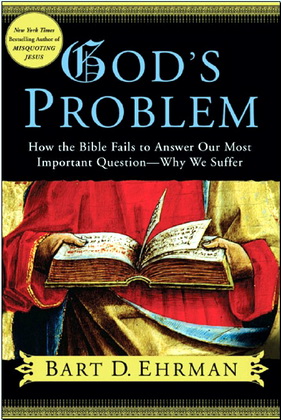
Hattin Michael – Judges – The Perils of Possession
The book of Judges is an integral part of our story as a people. It describes the struggles of the tribes of Israel to overcome their external enemies as well as their internal differences as they are forged into the nation of Israel in its land. It highlights their formidable transition from a nomadic, shepherding life to one settled and agrarian. It introduces us to the tribes’ colossal challenge of how to respond to pervasive moral and cultural values, incompatible with our mission as a people. As such, it is a book of great relevance.
Like many of our other biblical texts that have been adopted by more than half of the world as inspiration for their own teachings, the book of Judges is known to most of us only in outline and only in translation. It is a tragic irony of our long and tumultuous history that the majority of the “people of the Book” have never read it. In order to remedy the situation, we would need to delve deeply into the original Hebrew text along with its three thousand years of accumulated commentary. Most of us, given the exigencies of the hour, are not likely to do so.
This volume is an attempt to introduce readers to the contents of the book of Judges without sacrificing breadth or depth. The touchstone of our biblical text tradition is careful reading, which is unlike other reading. Other reading tends to be information-driven, with the text simply a medium for conveying the information. Having attained the data, we can discard the text. In Jewish text study, however, the words themselves and even their very letters have intrinsic value. Every word is precious and every turn of phrase laden. Some of us refer to this phenomenon as the “divinity of the text” – the idea that the text of the Tanakh was inspired by God.
This approach regards the text of the Tanakh reverentially. Rather than a cursory reading to extract the information, the text of the Tanakh deserves profound study in order to ascertain the deeper meaning. On a practical level, this means that we are concerned not only with the basic message of the story, but also with the actual words and syntax of the text. Vocabulary, grammar, and literary structure are critical areas of investigation; themes, historical context, and realia are essential topics of enquiry. In Jewish text study, it is never enough just to get the general idea; one has to master the material. In Jewish text study, a single reading is insufficient; with each additional reading we gain more insights. In Jewish text study, a difficult passage is never denigrated or dismissed; it is studied again and again with the hope that we might yet understand it.
Michael Hattin – Judges – The Perils of Possession
Jerusalem: Pardes Institute of Jewish Studies, Meggid Books, 2020. – 228 p.
ISBN 978-1-59264-523-7, hardcover
Michael Hattin – Judges – Contents
Preface
Introduction
- Israel’s Tragic Lethargy (1:1–36)
- The Pernicious Cycle (2:1–3:6)
- The Dynamics of Oppression (3:7–11)
- Ehud and Shamgar (3:12–31)
- The Battle at the Kishon Stream (4:1–24)
- Deborah and Yael (4:1–5:31)
- Deborah’s Victory Song (5:1–31)
- The Appointment of Gideon (6:1–32)
- The Attack against Midian (6:33–7:25)
- Aftermath of Strife (8:1–35)
- Abimelech the Anti-Judge (9:1–57)
- “Renew Our Days as of Old” (10:1–18)
- Yiftah Defeats the Ammonites (10:6–11:33)
- Yiftah’s Vow (11:29–40)
- The Legacy of Yiftah (12:1–15)
- The Birth of Samson the Nazirite (13:1–25)
- The Tragedy of Samson (14:1–16:31)
- Micah’s Idol (17:1–18:31)
- The Concubine at Giva (19:1–21:25)
Conclusion
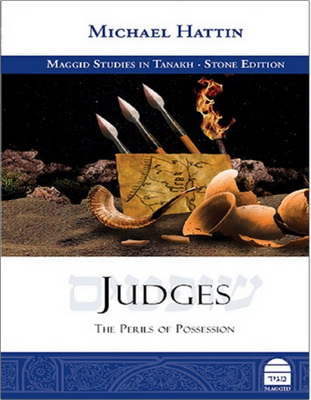
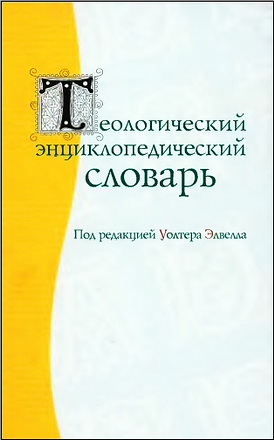
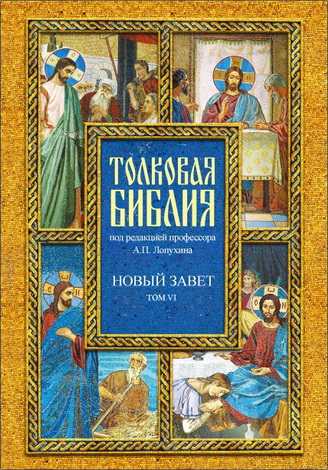
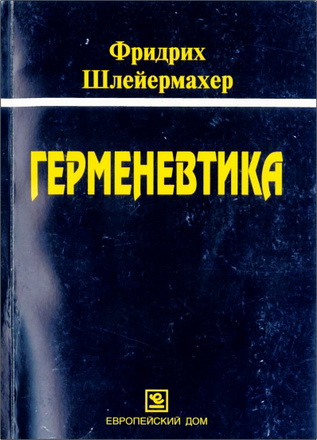
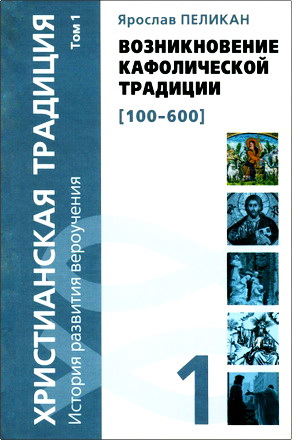
Комментарии
Пока нет комментариев. Будьте первым!